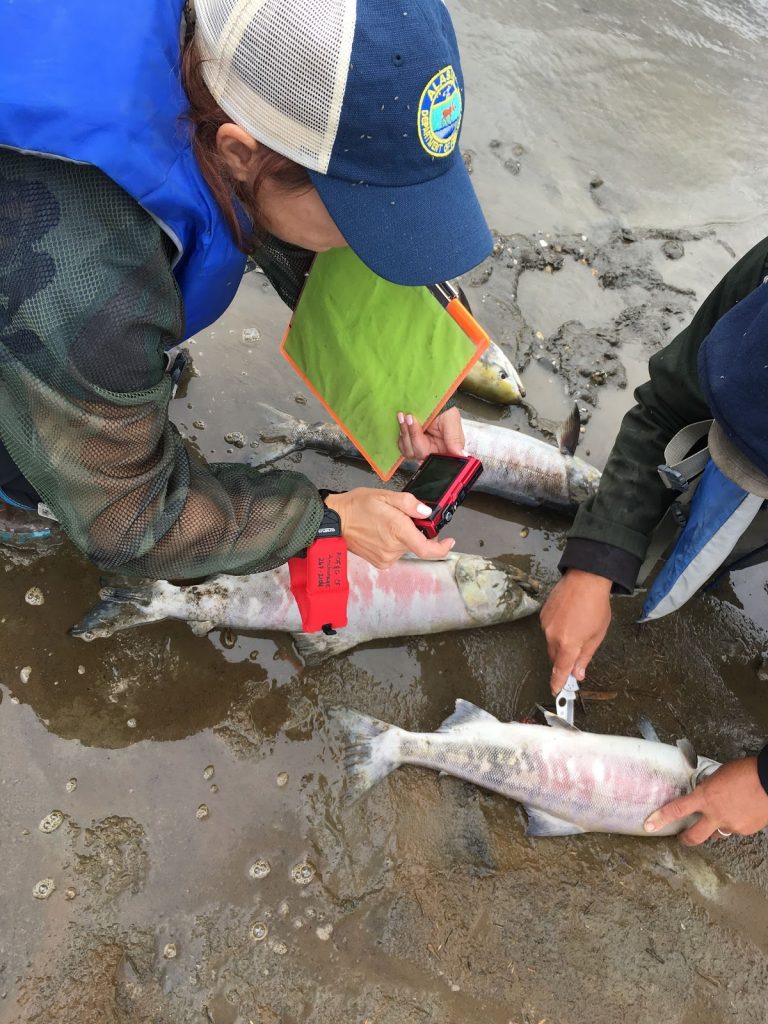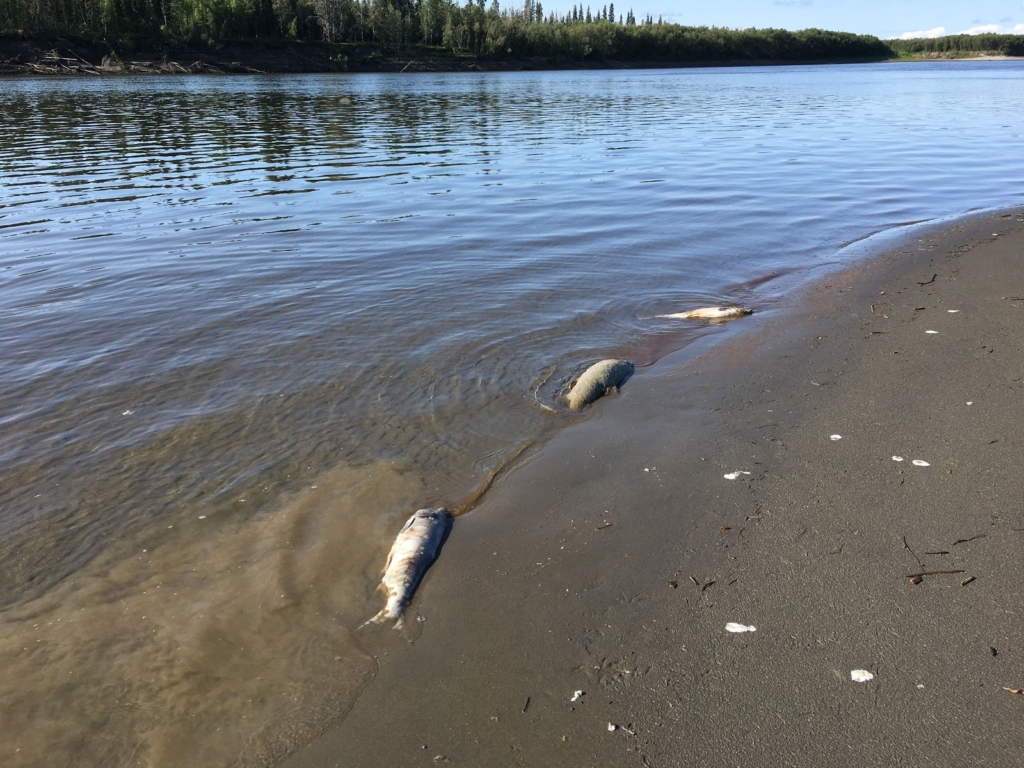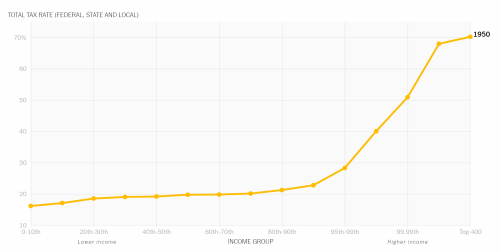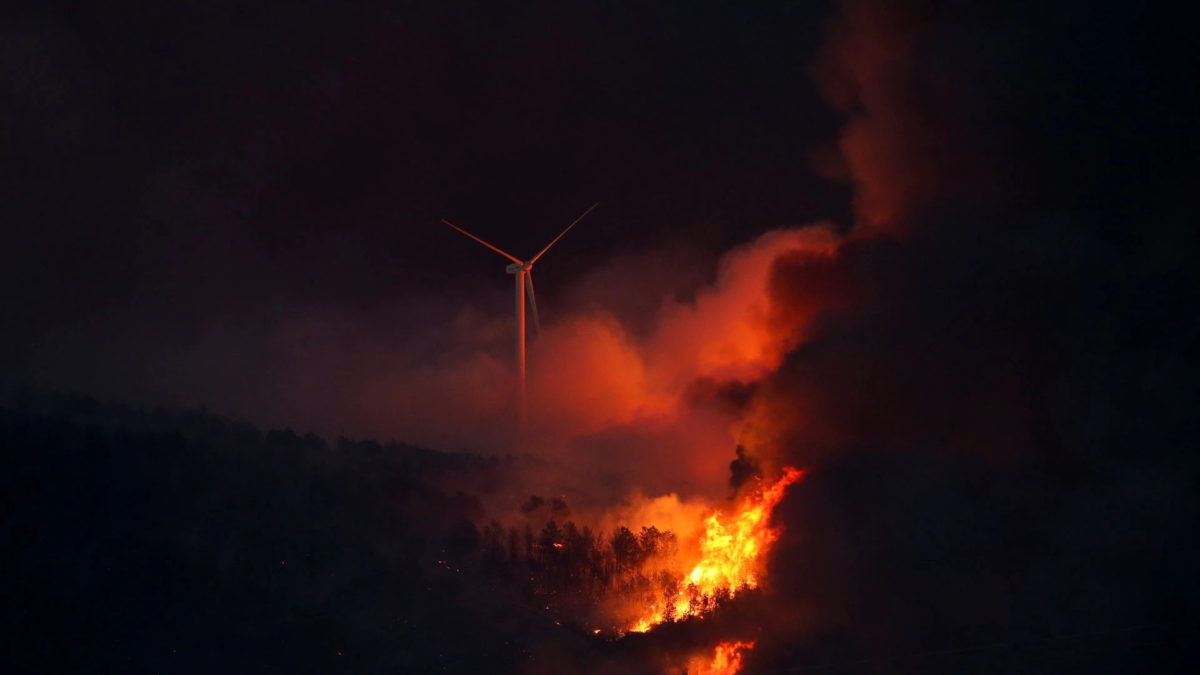Record summer heat in Alaska wiped out at least 100,000 Kuskokwim salmon in Bristol Bay – “I’ve never seen a salmon that is still ocean-bright acting in such a way”
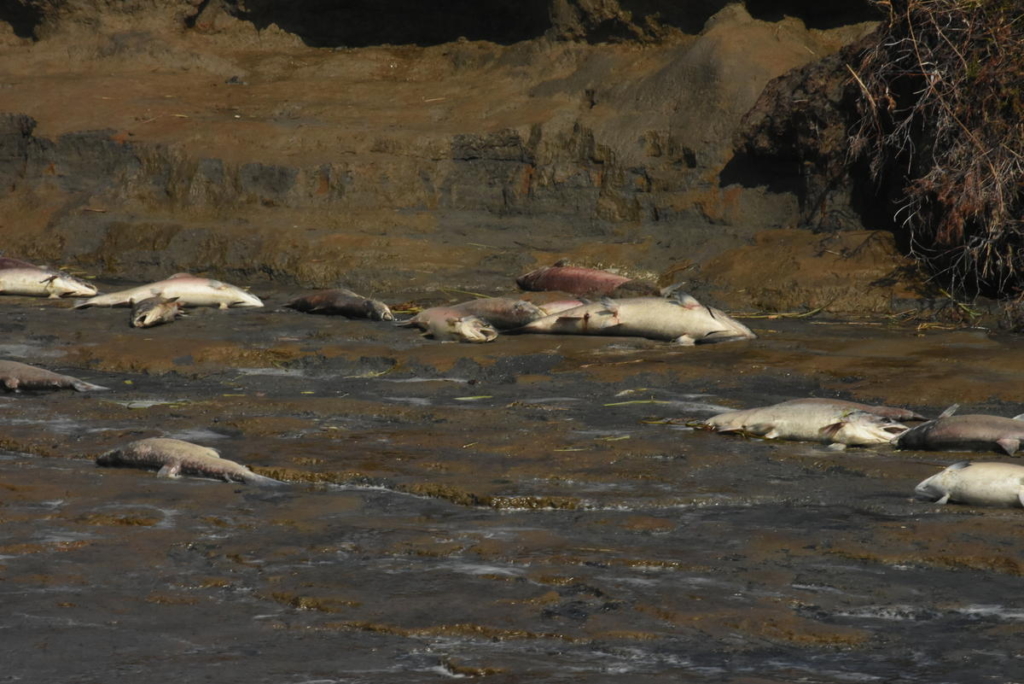
By Isabelle Ross
15 January 2020
DILLINGHAM, Alaska (Alaska Public Media) – The sun beat down relentlessly on Bristol Bay this summer, heating up the rivers and lakes where millions of sockeye salmon returned to spawn. July was the region’s hottest month on record, and in some rivers, that heat was lethal. Tim Sands, an area management biologist for the Alaska Department of Fish and Game, estimates tens of thousands of fish died.
“Based on the catch rates we normally see and the escapement we normally see, well over 100,000 fish died in the river,” Sands said.
He’s talking about the Igushik River on the west side of Bristol Bay. It’s a long, winding, muddy river in the Nushagak District.
By early July, biologists were expecting an average of 15,000 fish to swim upriver every day.
Instead, Sands said, “We saw 714 fish go up the Igushik by the tower on July 8. The lack of fish moving up the Igushik River definitely was abnormal.”
Salmon won’t swim through water once it reaches a certain temperature. Water loses oxygen as it gets warmer, and the warmer it gets, the more oxygen fish need. As fish crowd on the bottom of a river waiting for the water to cool, they have less and less oxygen to breathe.
Sands said about half a million fish should have escaped upriver to spawn. They only counted half that.
“The difference could have been all dead fish. That’s why I’m saying at least 100,000, ’cause truthfully I believe it could well have been over 200,000 fish. Cause that’s what we’re missing from the escapement,” he said. […]
There were also signs of heat stress in Ugashik, on the east side of the bay. The fish weren’t swimming upriver. In July the fishermen had a lengthy closure, sitting on the beach for days as they waited for the heat to break. Birch Block has fished in the district for eight years, and he’s never seen a season like last summer.
“Seeing these fish not being able to swim correctly and just acting so lethargic,” he said. “When the tide went out, they just couldn’t even stay in the water, they would just end up, like, lying on the banks of the mud. I’ve never seen a salmon that is still ocean-bright acting in such a way.” [more]
